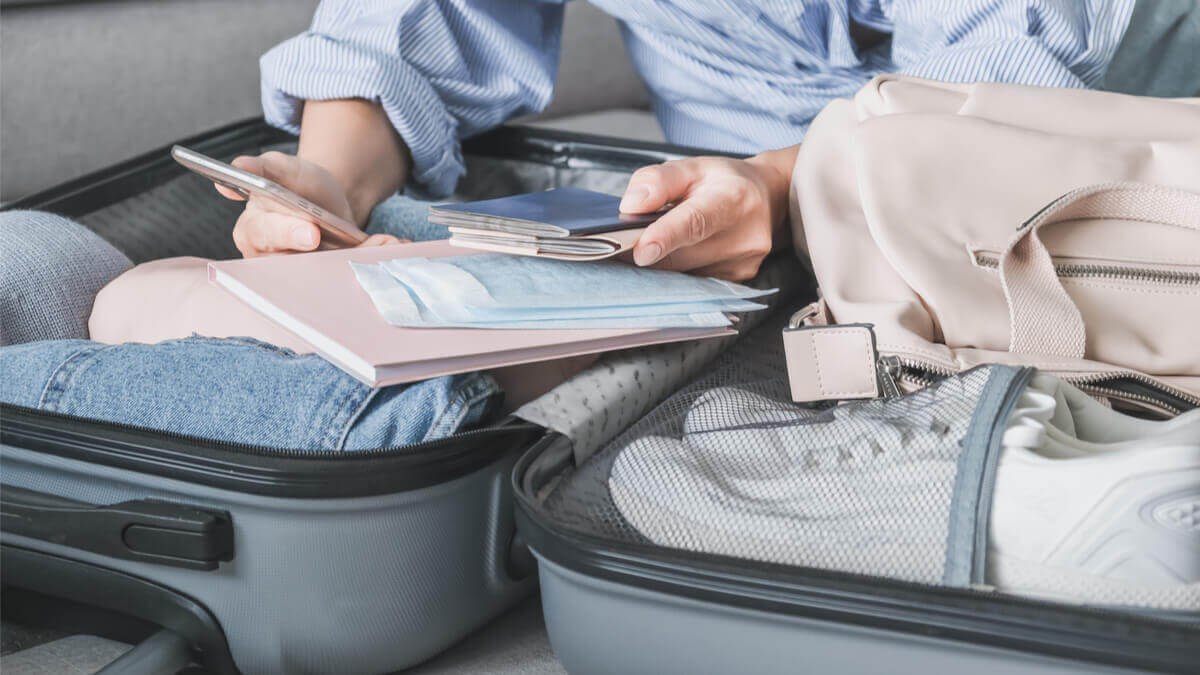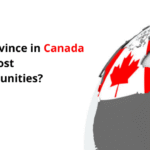Nothing feels safe than traveling with no officers constantly chasing you. Learn more on “Complete Travel Document Checklist for Africans Traveling Abroad in 2025”.
Let’s face it: as an African, going overseas for the first time (or even the fifth) can be an insane rollercoaster of paperwork, embassy appointments, unstated requirements, and those times when you’re double-checking everything because you know there’s not much room for error.
Traveling abroad is easier in 2025, but there are also more restrictions. Although more digital, immigration systems are more intricate. Embassies are more thorough but also quicker. What about airlines? If you have a single page missing from your documents, they will not hesitate to send you back to the check-in counter.
Therefore, this is your straightforward, no-nonsense travel document checklist, designed especially for African travelers who don’t want surprises at the airport, whether you’re flying for work, study, vacation, or simply to explore new places.
Get a visa and passport today
Let’s get started.
Complete Travel Document Checklist for Africans Traveling Abroad in 2025
A passport from another country is your golden ticket.
Nothing else on this list matters if your passport isn’t valid.
What you should know is as follows:
- must remain valid for at least six months after the date you plan to return it.
- At least two of the visa pages should be blank.
- must not be in any way harmed or vandalized.
- The spelling of your names in particular needs to be consistent with the rest of your paperwork.
Quick tip: Even if you haven’t gone anywhere yet, renew your passport at least six months before it expires. Since passport offices around Africa are infamous for their lengthy lines, delays, and “system offline” days, the earlier the better.
The Permission Slip for Visa
The number of people who arrive at the airport without verifying their visa requirements will surprise you.
Your official authorization to enter the nation you are visiting is your visa. It might be:
- type of sticker (found inside your passport)
- Electronic (sent to you via email or kept on file with your airline)
Depending on your nationality, certain nations grant visa-free or visa-on-arrival entry; nonetheless, you should always verify the official embassy websites rather than sporadic blogs or WhatsApp broadcasts.
Apply as soon as possible if you require a visa. Here is what is often needed:
- Application for a visa
- Photos from passports
- Proof of accommodation (hotel booking or invitation letter)
- Travel schedule, bank statement, or evidence of funds
- A letter of employment or education
- Insurance for travel
- Visa fee receipt
Flight Ticket – Book Wisely
Purchase your ticket as soon as your visa is granted (or if you are applying with confirmed travel arrangements).
- Whenever possible, even for extended visits, choose return tickets.
- Verify that the names on the ticket completely match those in your passport.
- Make use of trustworthy online booking services or licensed travel brokers.
Be advised that many embassies prefer a reservation or dummy ticket for the application procedure when you are seeking for a visa. Unless the country requires differently, only make full reservations once your visa has been approved.
Don’t sleep on this certificate of yellow fever.
Many nations, particularly those in Asia, South America, and some areas of Europe, demand that visitors from African nations present documentation of their yellow fever vaccine.
You will require:
- A genuine Yellow Card from the World Health Organization (WHO) that hasn’t been photocopied
- taken ten days or more prior to departure
- issued by a vaccination center with authorization (not all clinics are approved).
Don’t put off getting this until the last minute. Regardless of your visa status, some countries will not allow you to enter without it.
Travel insurance is no longer optional.
Travel insurance is now required for many nations’ visas, so it’s not just for safety.
You must provide evidence of:
- Emergency medical coverage
- COVID-related costs (in some situations)
- Returning home if something goes wrong is known as repatriation.
Make sure your coverage covers at least the length of your vacation and pick a trustworthy provider. Verify that the coverage amount satisfies the minimal requirements set forth by your country of destination, particularly for Schengen visas.
Proof of Funds: Demonstrate Your Ability to Survive
Countries want to know that you won’t become a burden, whether you’re a visitor, student, or temporary employee.
This entails having:
- recent bank statements, typically spanning three to six months
- Salary slips (if employed)
- Letters of sponsorship (if the expense is being covered by someone else)
- Evidence of bursaries or scholarships (for students)
This is examined by embassies. If your account unexpectedly receives a substantial deposit before the application, be ready to explain. Credibility and consistency are what they seek.
Proof of Accommodation or Invitation Letter
Where are you lodging? With whom are you staying?
The majority of nations require documentation of your accommodations:
- Reservation for a hotel
- Invitation letter (from a university, employer, friend, or relative)
- Booking on Airbnb with a confirmation code
Provide a copy of the inviter’s identification and, occasionally, proof of residency if the address is private. Additionally, make sure the person you’re staying with is aware of your plans because embassies have been known to phone invitees.
Travel Schedule: Display Your Movement Strategy
Embassies frequently request this for processing visas, even though you might not need it at the airport.
Incorporate:
- Schedule of flights
- Local conveyance
- Activities (such as conferences, business meetings, and city tours)
- Dates and length of stay in each nation or place
Even if you intend to wander, make it appear organized. They want to see that you have considered all of your options.
Work/Educational Records for Purpose-Based Travel
If you’re going overseas to work, attend a conference, or study:
- Bring your offer of employment or admission letter.
- As required, include resumes, certificates, or transcripts.
- Present proof of conference invitation or event registration.
Make sure your evidence of payment or scholarship is ready as well, as embassies frequently request it from students.
Copies of Everything: Believe Me
The golden rule is to never bring original documents on a trip.
The following should be photocopied (or scanned and printed) at least twice:
- Bio-data page for a passport
- The Visa page
- Insurance for travel
- Card for yellow fever
- Tickets for flights
- Statements from banks
- Proof of hotel or lodging
- List of emergency contacts
Additionally, store a soft copy backup in Dropbox or Google Drive, or in your email. If something is stolen or lost, you will be grateful.
Additional Necessities to Reduce Stress
Although these aren’t official documents, these will ease the tension of your journey:
- If you intend to drive, an international driver’s license
- Student ID (helps with overseas discounts)
- Evidence of local ties, such as employment letters or property records, are very helpful in demonstrating your intention to return.
- Emergency numbers (local contacts, travel insurance, and the embassy in the country of destination)
Concluding Remarks
As Africans, we are aware that we are not always given the benefit of the doubt at embassies or immigration desks. We prepare, overprepare, and occasionally feel like we’re doing too much just to get on a plane because of this.
But if I’ve learnt anything, it’s that preparedness is key. A thousand hassles can be avoided if you have your backups, information, and documents organized.
Don’t rely solely on what worked five years ago or what a friend told you. Consult the official sources. Give embassies a call. Examine the most recent guidelines.
Above all, avoid taking shortcuts. More than ever, immigration systems are interconnected. You risk losing your trip if you forget one document, or worse, being alerted by a system that remembers.
Let this checklist serve as your armor as you prepare your belongings, iron your attire, and tally the days until your trip. With confidence, mark off each item, knowing that you have fulfilled your responsibility.
The world is waiting for you out there.
Be wise while you travel. Be well-prepared for your trip.










